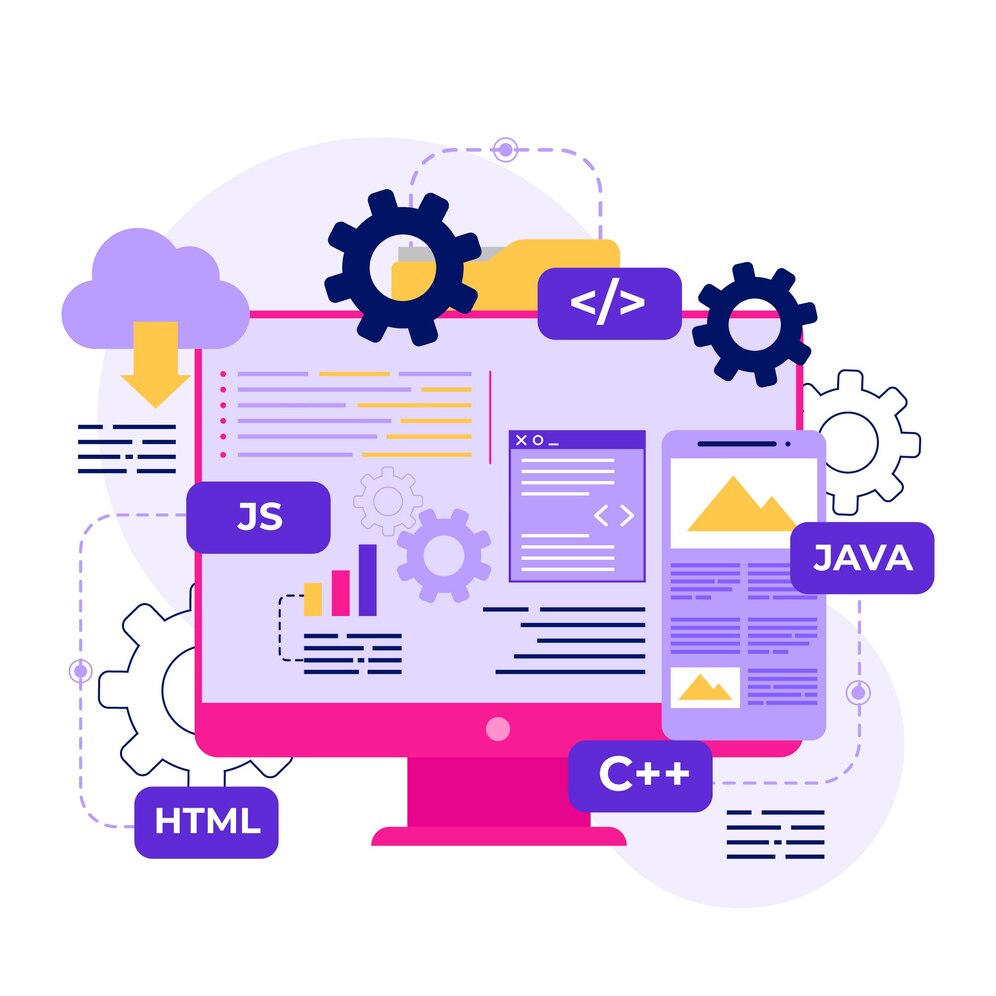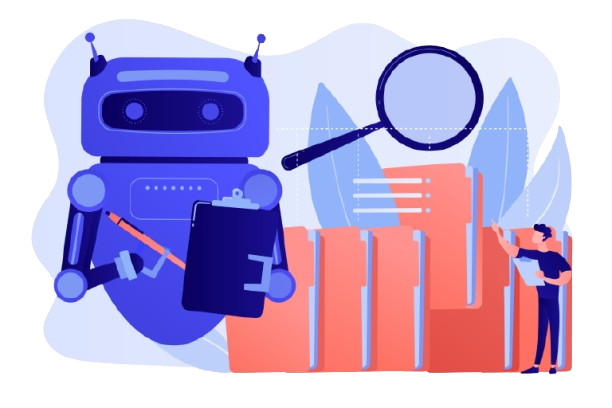I often read about people complaining that the market is so tough right now because they had five interviews in the last two months and didn’t get a callback. This isn’t the market being tough; that’s just them not performing well in interviews. There are many reasons why an interview can go wrong, from technical abilities to cultural fit, but I want to highlight four behaviors in particular that could be costing you your next job.
You're too cocky
I once interviewed someone who, right from the start, seemed to have zero interest in being there. He was constantly yawning while I was talking and even picked up a call twice during the interview. This guy thought he was a "big shot" because he had freelanced for Google once, so in his mind, working for our small company was a done deal. And I completely get it — I mean, Google! 🙄
Funny thing is, he did terribly on the coding challenge. But honestly, even if he had aced it, I knew within the first five minutes that I wasn’t going to hire him. It doesn’t matter how amazing you are at coding (and again, he wasn’t); nobody wants to work with a pretentious jerk. So, if you’re heading into an interview with an impressive résumé, make sure you step off your high horse first—because no one wants to work with someone who’s a gigantic pain to be around.
You're getting mad?
I was in the middle of a coding challenge with a candidate once, and he started getting mad at the code for not working. And I mean, literally mad. He would keep saying, frustrated, "I don’t get it, this doesn’t make sense, why won’t it work?!”. He went as far as to say the platform we were using for the challenge was faulty. Red flag 🚩.
The computer doesn’t make mistakes — your code is just wrong! Instead of freaking out and refreshing your IDE 20 times, take a moment to breathe, relax, and go over your logic from the start. But please, try to keep your frustration under control. The interviewers are assessing how you perform under stressful situations, and losing your cool isn’t a good look.
You're not asking questions
Most interviewers will give you 10/15 minutes at the end of the interview to ask questions. So, ask questions. Asking questions equates to being interested in the position, but not only that, it equates to having opinions. And you know who (often) doesn’t have opinions? Junior devs. They don’t know what to ask, they don’t know what working environment they prefer, what company values they like… So when I interview someone that has absolutely ZERO questions by the end of it, I think they’re either not that interested in the position, or they’re not very senior.
And if you’re thinking, “But what if they answered everything I wanted to know during the interview?” — there’s always something left unanswered. Ask your interviewer what they like most about working for the company. Or do the opposite: ask them what they don’t like. Inquire if the company has had layoffs in the past year. Ask about revenue or even request a short call with one of your potential future dev colleagues. Doing this shows that you mean business, that you don’t make decisions lightly, and that you’re serious about the opportunity. It also signals that if you’re putting in this much effort to get to know the company, you’re likely to stick around for the long run—rather than just collecting paychecks for six months and moving on to something more interesting (which, let’s be honest, could still happen, but you get the point).
You're treating the interview as an interview
This might sound weird, but hear me out. Some of the best candidates I’ve interviewed shared the same trait: they treated the interview as a conversation. And at the end of the day, that’s what it is. I want to get to know you, hear your opinions, understand your thought process—not just a “question, answer, question, answer” format. Just have a conversation, like you would with a fellow developer at a bar (does that ever happen?).
Of course, the interviewer will take the lead and ask most of the questions, but you can loosen up a little and just... converse. I’ve been in situations where we had two or three perfectly qualified candidates who made it to the final stage, and you know who almost always got the position? The one who was the most chatty and relaxed during the interview. Don’t forget, cultural fit can be just as important as technical skills, so try to show that you'd be great at collaborating and exchanging ideas, rather than coming across as a “yes, no, okay, please” type.



